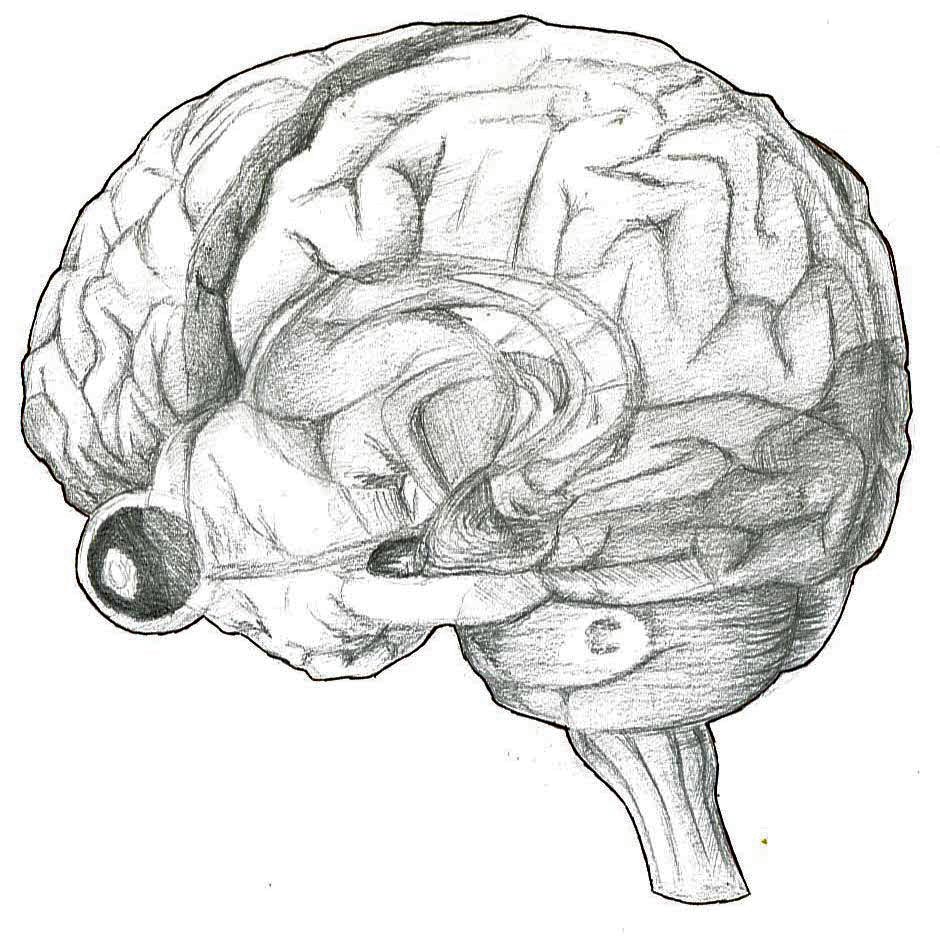Adolescent Development
The Teenage Brain
Major developments in neuroscience and the mapping of the teenage brain have greatly improved our understanding of adolescent mental development, and this research has significant implications. We now know that the teenage brain is radically different from that of a child or adult and that fundamental alterations are occurring at puberty and on into late adolescence, to an extent that there is a deficit in functioning during this critical period.
Teenagers generally are not strong in checking their inhibition control to impulsive behaviour, particularly outbursts of anger. They are prone to engage in risky behaviour, such as experimenting with drugs, engaging in sexual behaviour and in driving cars fast in daredevil antics, often encouraged by peer pressure. But to prevent young people from taking risks may be self-defeating, particularly if delivered by over protective adults. Maturity occurs through taking risks, and paradoxically not taking risks may lead to extended periods of infantile behaviour. However, extreme risks can be fatal, and in terms of alcohol misuse, current research suggests that adolescents are more vulnerable than adults to the effects of alcohol in relation to learning and memory.
The social world of the developing teenager rapidly changes. New social experiences, such as entering a new school, will build (or shatter) confidence, such skills as self-assertion, performing before an audience, and asking partners on a date. In addition, there is the ability to take another person’s perspective, and this is crucial for social communication. The developing adolescent acquires the skills and understanding to see the world through the eyes of another, to step into their friend’s ‘mental shoes’ and to take a different perspective on an issue than their own. Perspective taking is related to first-order theory of mind, and includes awareness of one’s own subjective mental states and the ability to ascribe mental states to another person. Multitasking is believed to be a test of perspective memory as it requires participants to remember to perform a number of different tasks, mirroring every day life.
Teenage Brain Development

Dennis has spent many years in youth work, both in running youth clubs, managing a children's home and finally in a counselling setting of a modern Academy.
Counselling teenagers involves, initially, an ability to form rapport quickly in a non-judgemental stance, and then to help them explore their range of options when encountering daily or partiular problems that are currently causing difficulty. It involves recognising their growing autonomy within present boundaries and restrictions, yet always within the protocols of safeguarding legislation.
In cases where parents are referring and paying the fee for their son or daughter to receive therapy, there will be need to discuss sensitively the degree of client confidentiality that can be offerred, along with an assessment of client-motivation (as opposed to a parent's/carer's)
for change.